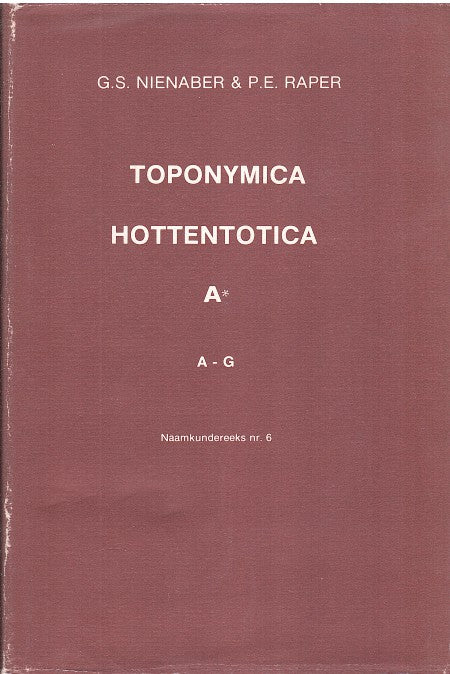Dubuseb / Duwuseb
The name is recorded late and we must leave the help, which are often offered from early documentation in difficult cases. There is now everywhere uncertainty that leads to suspicions that are often in contradiction, eg. 'White Chalk Place' (Green) and 'black cups' (Bernhardt-Schmid), 'with wood' and 'bustling, grinding water'. The question of the meaning is, so it seems to us, still open. This applies to the farm and for the river flowing through it, as well as for the 'Duwisiberplats', a mountain. We want here an opinion air n.a.v. A communication from Hahn th 1901 Collectanea 92 'ǀ Awiǃ The 'Diabitsirub', composed of DIIBI plus-Tsirub, creates suspicions if it is located along with the descriptions of Mr Von Kuno, the farm manager. The -tsiru is for 'bow', actually a rope, and the DIIBI is apparently changing ruling of ǀ AWI = rain, earlier Dawi. We play with the idea of reading Duwisib: -SI-B as a locative, and the Duwi (Dubi) as rain, or completely shortened to 'Duwisub' for 'rainbow', m.a.w. The place's name is 'rainfall' or 'rainbow spot'.




